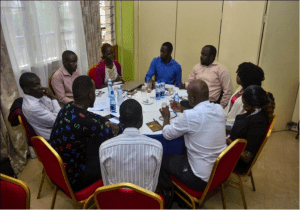By Nasubo Ongoma |
Pictures excite, right? When we move them in succession, we get animations, it’s captivating! When properly used increases one’s level of understanding and may lead to a social change1,2. This is because animationsappeals to our psychology (by creating mental models) and as a result brings change.




